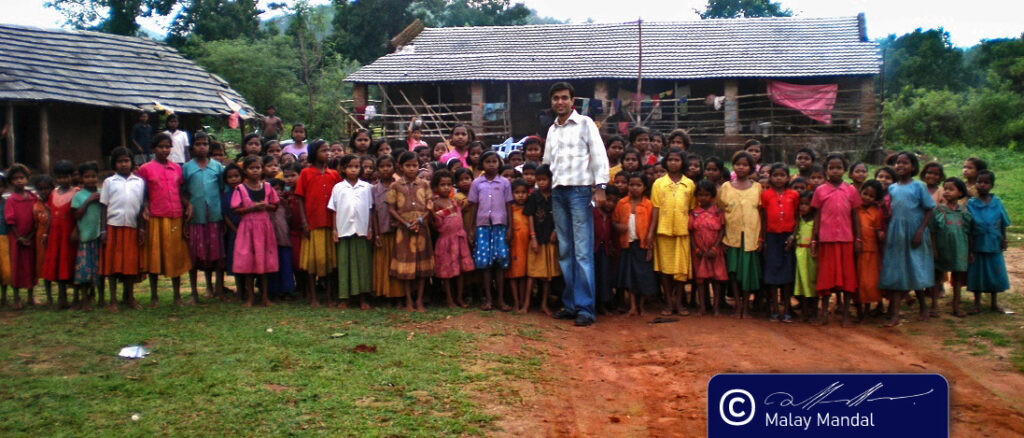
“The true India is to be found not in its few cities, but in its seven hundred thousand villages. If the villages perish, India will perish too.”
Mahatma Gandhi
Rural India is unimaginably exotic and thoroughly engaging than its urban counterpart; at least I believe so. My impression is not a hastily made one but has a deep-rooted genesis going back to my childhood days when every summer we would invariably travel back to my maternal grandfather’s expansive house in rural Bengal. Surrounded by verdant greens with streaks of Palm and Coconut trees, a set of three ponds of varying size and purpose, along with a bamboo grove nearby would transform the whole set-up into a natural paradise. Climbing up the spread-out open tree canopies to fetch the appropriately ripened mango, or the Indian black berries provided much more adventure and playfulness than the routine play yards of our cities. As we grew older and moved into higher studies, our trips reduced significantly. But despite increasing separation, the memories remained fresh and wherever we returned, often after 5-6 years, the old nostalgia gripped us in its embrace.
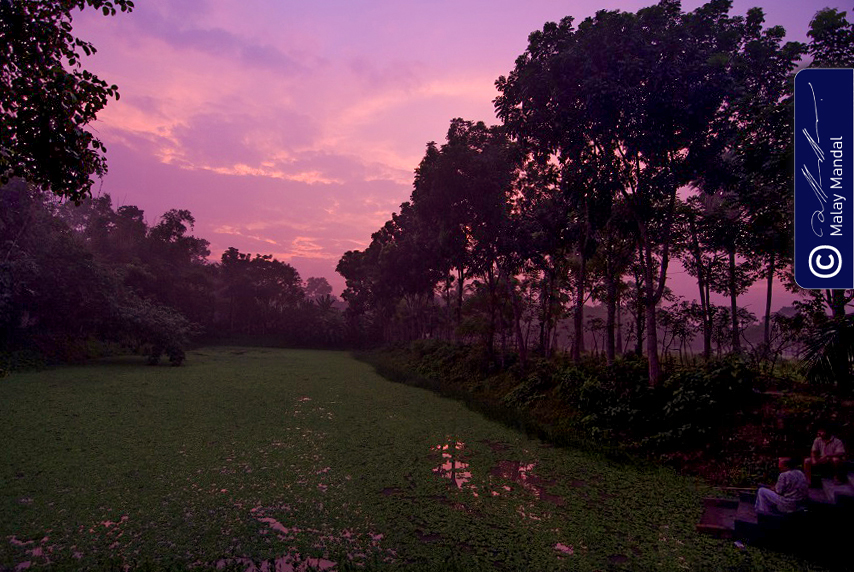
For me the charms of any rural landscape are many; firstly, I really love the way any rural household merges with mother nature. All rural settlements possess an unusual aesthetic appeal of their own so rare to find in the concrete cities. Their simplicity and utilitarian approach with nothing-to-flaunt comes next; unlike the materialistic urban lifestyle, rural lifestyle is sustainable and relies on a minimalistic way of life. Coming on to people, the village folk in India are largely open-hearted, warm, welcoming and generous than any millionaire. They may be short on belongings but even with their limitations, they are magnanimous hosts. A majority of them are still incredibly gullible and accept facts without any doubt; but they rarely shrewd, cunning or harmful in any way whatsoever. On the contrary they are tremendously awed by the urban stock; the so-called better educated, sophisticated and more presentable version of human beings.
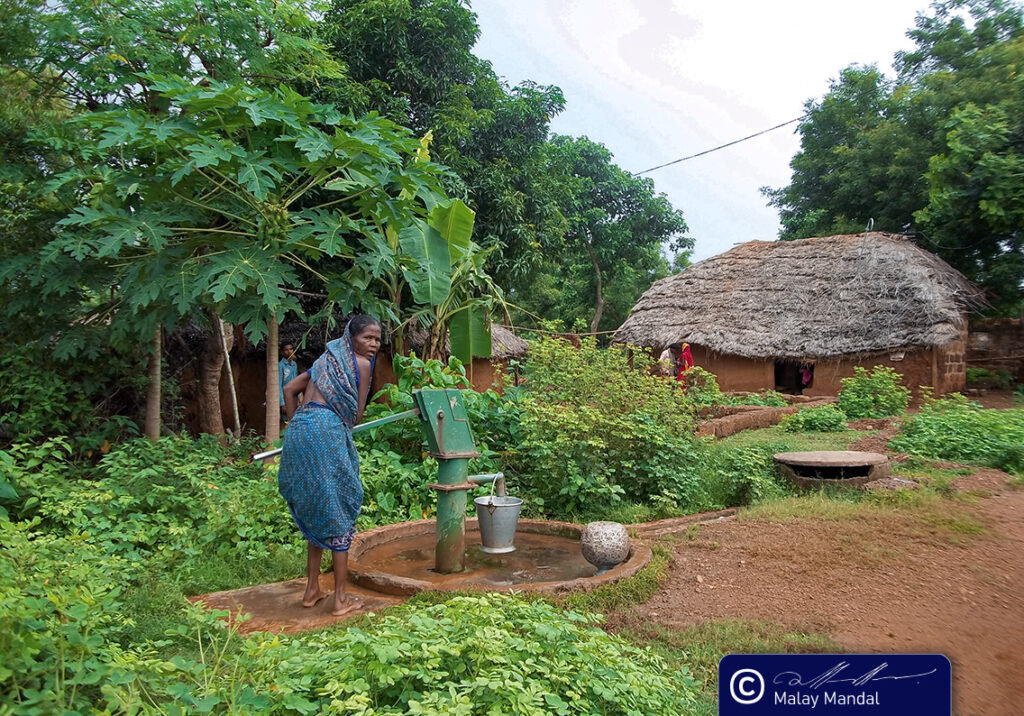
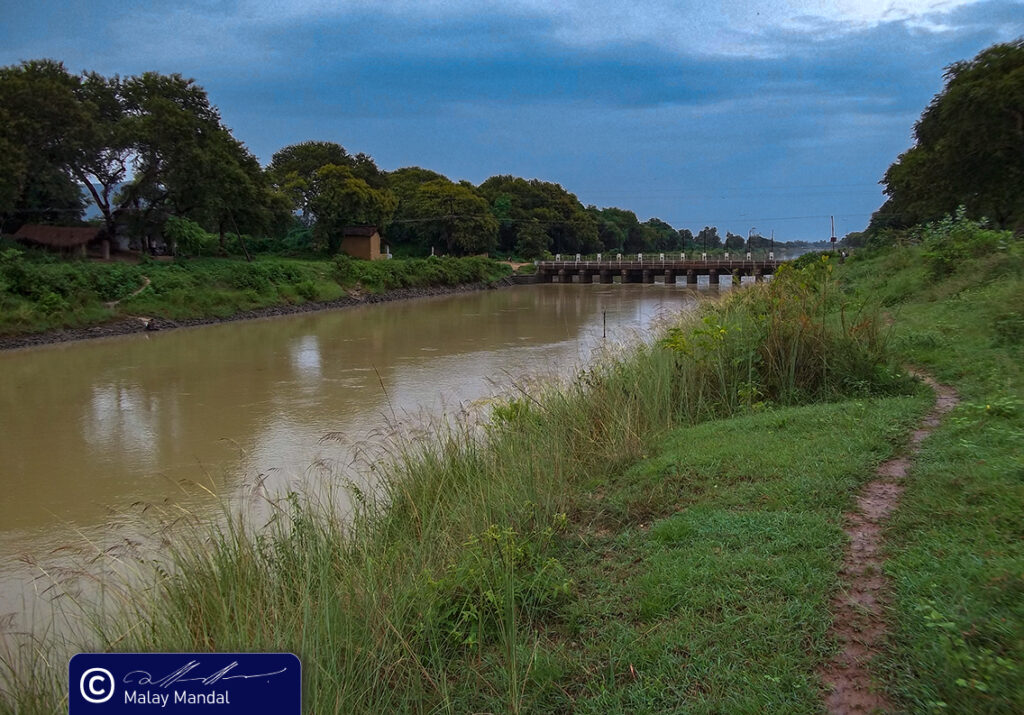
After finishing my bachelors in Electrical Engineering, I joined a public-sector undertaking. Early into my professional life, I was fortunate to have been entrusted with supervision of Rural Electrification schemes spread over 30 district in 5 states of Chhattisgarh, Madhya Pradesh, Jharkhand, Odisha and West Bengal. It was an arduous task as the project was going to impact, not a select few or a few hundred, but the beneficiaries included over 27 lakhs BPL (Below Poverty Line) households. Nishchintopur, for me, had existed only in Bibhutibhusan’s Pather Panchali till I landed up in a small rural hamlet in West Midnapore district. Immediately I started to look out for parallels; between the real, the fictitious (an epic emotional saga by Bibhutibhusan Bandopadhyaya), and the reel (immortalized by Satyajit Ray in Pather Panchali). The idle pumpkin had just started to attain that golden orange glow; the ponds covered with a thick green layer of water hyacinth dotted splashed of violet flowers; tightly packed hay stacks shinning under the evening sun; a golden sheet of water-logged paddy fields. It was more than a picture perfect.
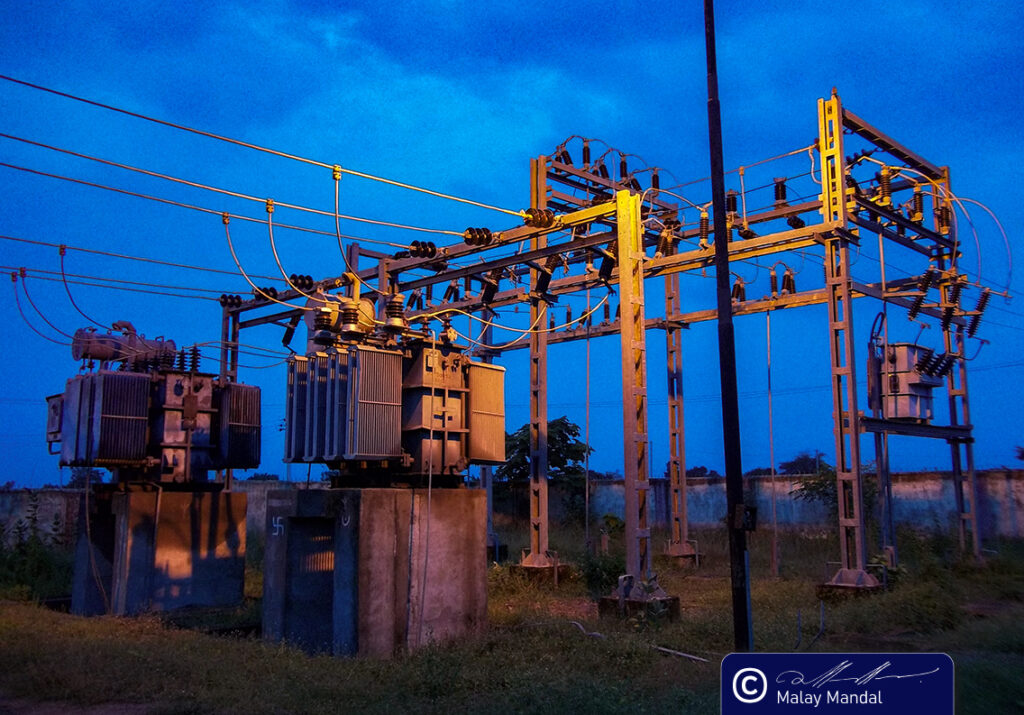
My involvement in the project took me to the uncharted corners of rural India. Gradually my interaction with the local folk increased that I started to enjoy immensely. I was surprised to discover their perspectives, way of life and idea of what all is required for a happy living. The one thing I found common in majority of them was their non-complaining attitude. Despite staying for dark for centuries, they held no one responsible for their plight. When I asked them, “How do you think electricity can change your lives?” They had no immediate answers just a smile on their face. Another thing to learn from, is their belief that life is a celebration. Every time we moved into any hamlet, the village folk would invariably gather to see us with happy faces. Some of them invited us to have food with them.
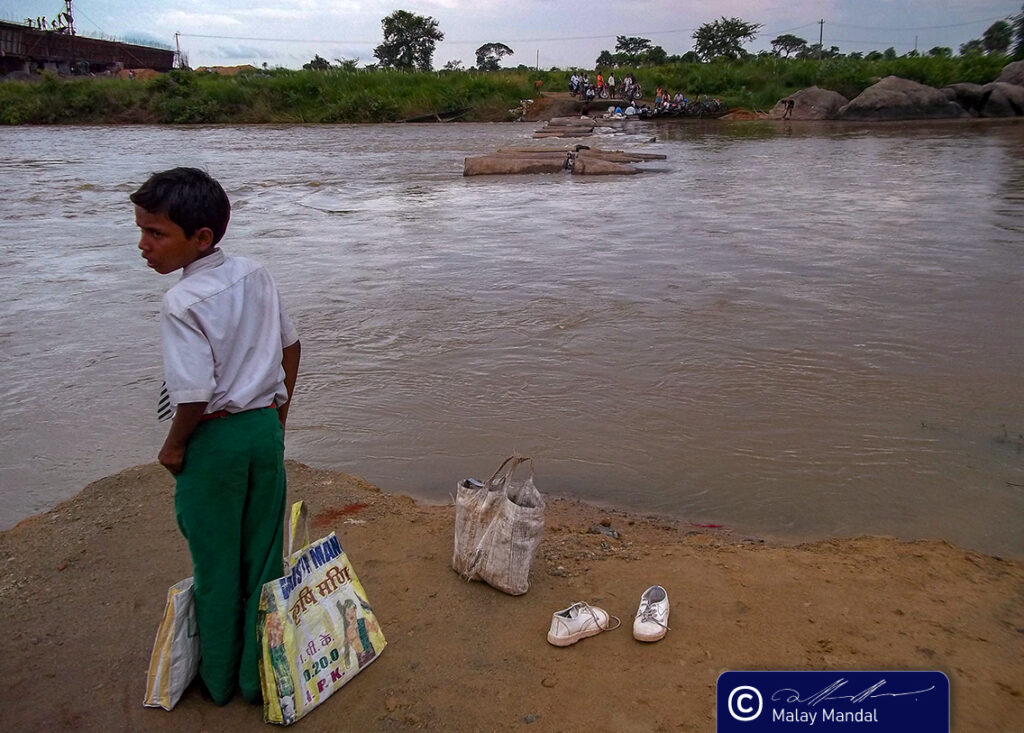
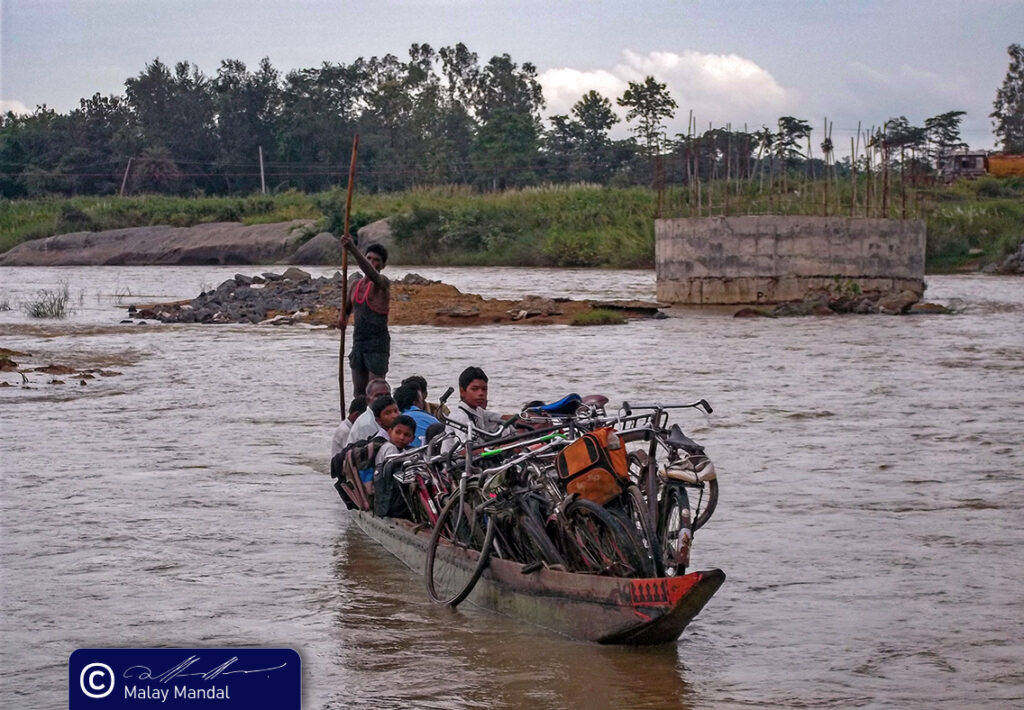
During one of site audits in Odisha, our Site Resident Manager played smart. He challenged us with his request, “Since you have come all the way from headquarters, I would like you all to see Sibida Village in Pallahara Block.” Striking a balance he added, “ I would not have made such a request if I had not seen such energetic faces.” Without any delay, we immediately started for Sibida – about 170 Kms. from Angul. Sibida lies in Pallahara Block of Angul district and has hilly terrain with thick forest cover. Neighboring hill of Malaygiri keeps a vigil over the whole of this tiny village.
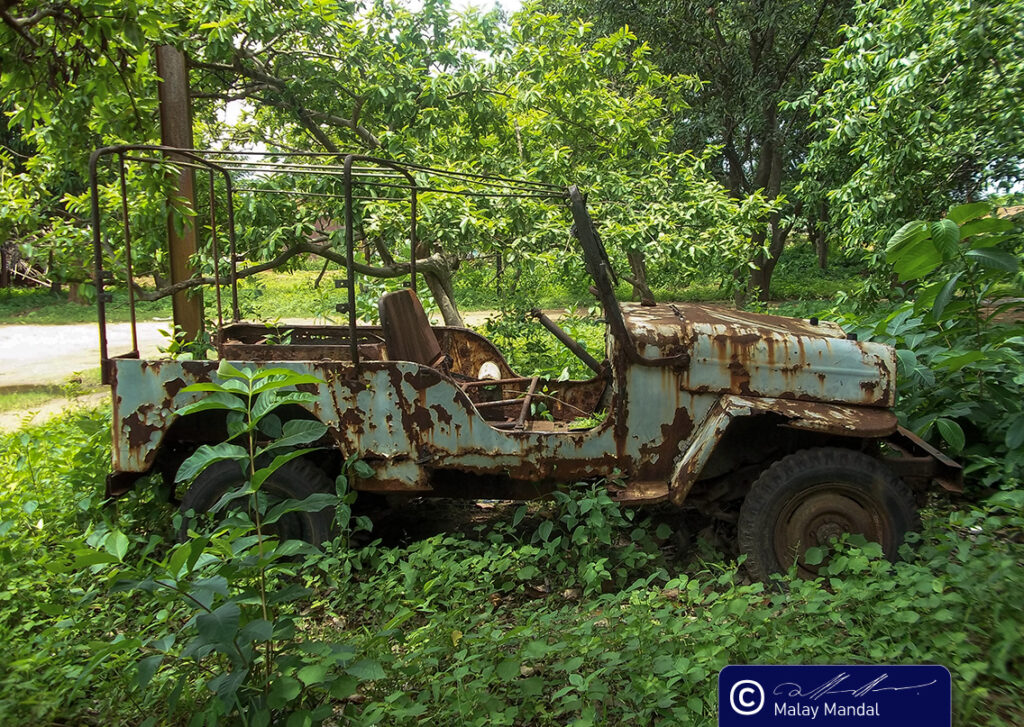
Construction of a 100-Seater Girl’s Hostel Building for tribal girls belonging predominantly to the local Bhuyan tribes had brought this self-contained peaceful village under spotlight. After a bumpy ride of around 4 hours, we left our vehicle, as the roads ceased to exist anymore. Soon, we were walking on a narrow trail. A hiking of another 45 minutes brought us at the foothills of Malaygiri. The only navigable road to Sidida was non-existent; impeding transportation of erection materials. Equipment and construction materials were being hauled by laborers on their backs – from distribution transformers, to Concrete Poles, to structural steel supports, sand, aggregates and cement.
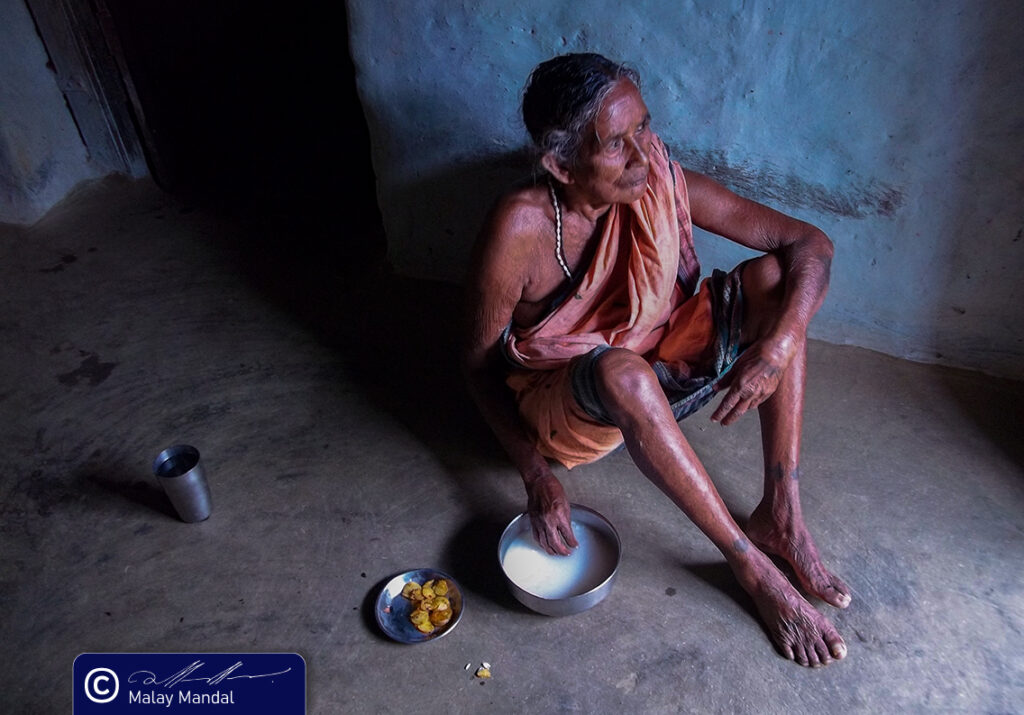
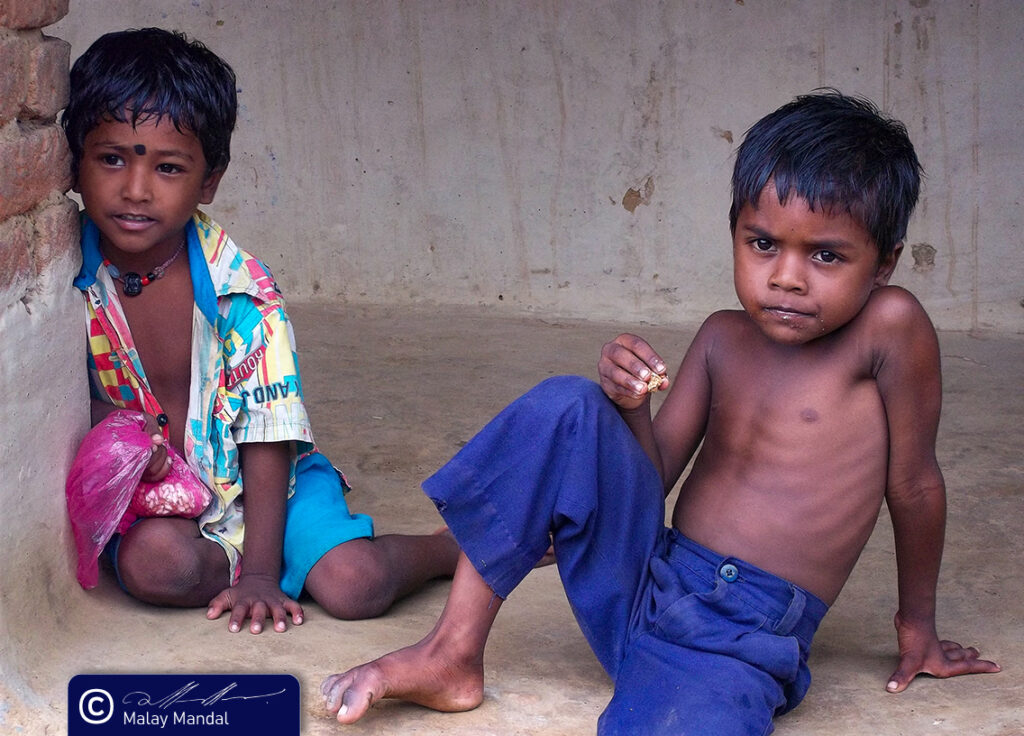
Audit activities took a while as all details were meticulously checked and recorded. On our way back, we visited the hostel that had made the otherwise oblivious Sibida, popular. For unknown reasons, we decided in favour of a brief unscheduled halt. A huddle of school girls welcomed us with their broad bright smiles. Although, the language barrier stopped me to interact with them but I can see a glimmer of hope in their eyes. While many from the lot gave friendly vibrant gestures, most of the girls shied away. I felt a great sense of satisfaction for contributing my part in lightening up their lives. With every passing moment as the sun god slightly faded away, I captured their priceless smiles on camera. Throughout the entire return journey, the faces conjured up in my mind, bringing me to senses from intermittent dozing. Sibida was charged on 04/01/2010 and today, the Sibida girls also have the power to dream big and transform their lives!
